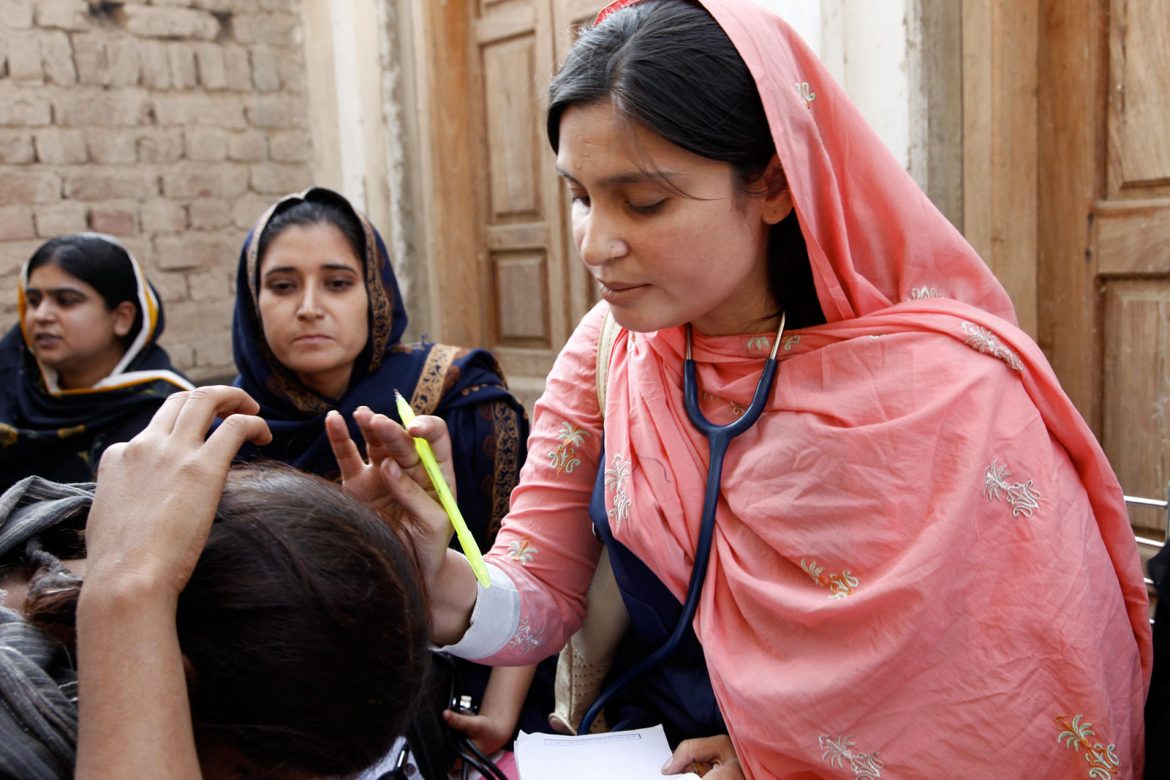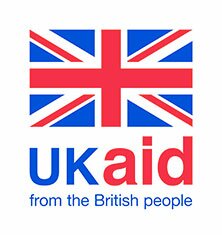Maintains is researching the impact of floods and droughts on social services, allowing for a comparison of needs and appropriate shock-responsive strategies across rapid and slow-onset shocks. Explore all our latest research to support Pakistan here.
Pakistan suffers from a wide range of hazards and shocks, and is particularly vulnerable to climate change, with flooding and drought affecting millions of people.
Flooding – from monsoon rain as well as glacial melt – is the most recurring hazard, devastating infrastructure and causing a huge human cost. Unplanned urbanisation has substantially increased the exposure and vulnerability of Pakistan’s urban poor to flooding.
The country is also experiencing an increase in the frequency and severity of drought due to a rise in temperatures and rainfall variability, with Balochistan and Sindh worst affected.
As part of our research, we explore the viability and potential mechanisms for making BISP, Pakistan’s flagship national social protection programme, shock-responsive.

Credit: Russell Watkins/DFID
Research focus for Pakistan
In conducting these studies, Maintains works directly with the Government of Pakistan, FCDO, and other development partners. The research builds on and enhances existing evidence and addresses knowledge gaps.




